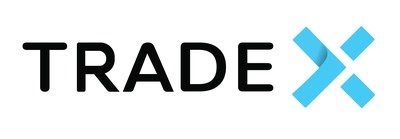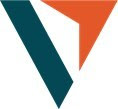American E-liquid Brand Fights to Protect Intellectual Property on a Global Scale
Tampa, Florida, Dec. 01, 2022 (GLOBE NEWSWIRE) — Pure Labs takes action to protect the intellectual property of its flagship E-liquid brand, Halo, relentlessly prosecuting multiple trademark infringers.
Pure Labs recently brought civil action and successfully defended its intellectual property rights against US-based vape company, The Blinc Group, Inc. It was discovered that Blinc was illegally using the Halo mark in the branding of its vaping device kit and accessories, marketed as the “Halo System”, “TipHalo”, and “BaseHalo”. Akerman LLP represented Pure Labs against Blinc by negotiating a substantial settlement payment, as well as Blinc’s agreement to immediately cease the use of the infringing branding, destroy or rebrand all infringing packaging and inventory, and abandon numerous trademark applications similar to Pure Labs Halo trademarks.
An ongoing lawsuit between Pure Labs and French company, So Smoke, is progressing through the French Judicial System. Pure Labs asserted that So Smoke has been illegally using Halo’s logo, trademarks, and flavoring in E-liquid products under the Reservoir Freaks brand. Pure Labs has been working diligently with French counsel to pursue legal action, resulting in a search and seizure of the product in question and forcing So Smoke to repackage the litigious products.
Pure Labs employs a dedicated in-house team to continually monitor and thwart intellectual property theft involving any of its trademarks. “Ensuring that Halo customers around the world can confidently vape Halo’s award-winning tobacco and menthol e-liquids as they complete their journey of ending their addiction to combustible cigarettes has always been a top company initiative.”, stated Jeffrey Stamler, Co-Founder of Pure Labs.
About Pure Laboratories
Operating since 2009, Pure Laboratories (Pure Labs) is a state-of-the-art 110,000-sq. ft. manufacturing and distribution facility located in Gainesville, Florida. Nicopure Labs, a subsidiary of Pure Labs, is an industry-leading tobacco and menthol e-liquid manufacturer, globally recognized for the production of its American-made, award-winning vaporization products. With a 10,000-sq. ft. ISO 7 cleanroom, Pure Labs is synonymous with quality manufacturing. Pure Labs’ corporate headquarters are based in Tampa Florida, with additional operations located in Europe.
For additional information about carrying Halo’s premium American-made E-liquid and innovative line of vaporizer devices, please email Halo’s principal distribution partner, Syndicate Distribution at sales@syndicatedistribution.
For additional information on Pure Laboratories’ full capabilities visit www.PureLabs.com.
For media inquiries, please email press@purelabs.com.
Samantha Knight Pure Labs press@purelabs.com
GlobeNewswire Distribution ID 8706279




